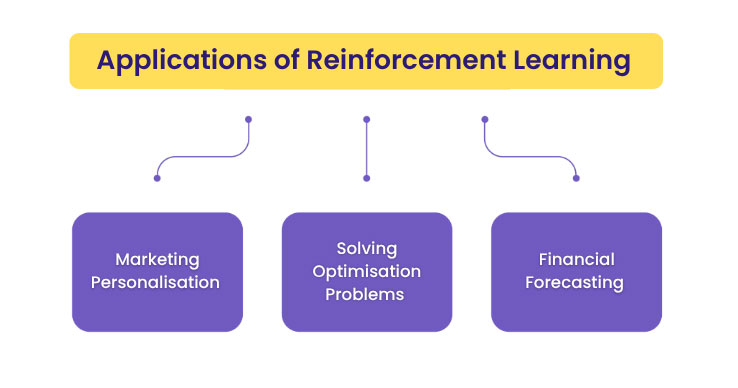No matter which field you belong to, managing a project can be both logical and creative—but often challenging. Whether you’re launching a product, upgrading a system, or planning an event, good project management steps ensures smooth execution.
A structured approach involving strategic planning, resource allocation, effective communication, and continuous monitoring is the key to delivering successful projects. Here are the essential project management steps that can help you run projects efficiently:

8 Project Management Steps for Efficient Project Execution in 2026
1. Define the Project Scope
Before starting, clearly outline the scope of the project—what is included and what is not.
- Define the objectives.
- Identify deliverables.
- Set clear boundaries.
- Align with stakeholder expectations.
A well-defined scope acts as a blueprint for smooth execution.
2. Identify Stakeholders and Build a Team
Stakeholders (clients, sponsors, team members) play a vital role in project success.
- Identify stakeholders early.
- Understand their needs.
- Establish transparent communication.
- Build a capable team with defined roles.
A competent team + engaged stakeholders = higher chances of success.
3. Set Project Objectives and Goals
Clear objectives are the foundation of project success. Use the SMART framework:
- Specific
- Measurable
- Achievable
- Relevant
- Time-bound
Once goals are set, create a detailed project plan covering:
- Resources & timelines.
- Budget & cost estimates.
- Communication strategies.
- Quality benchmarks.
- Procurement processes.
- Risk mitigation strategies.
4. Risk Management
Every project comes with risks—delays, budget issues, or unexpected changes. Effective risk management includes:
- Identifying risks early.
- Analyzing their impact.
- Preparing contingency plans.
- Training the team for challenges.
The better you anticipate risks, the smoother your project runs.
5. Create a Communication Plan
Communication is the lifeline of project management.
- Share the right information with the right people at the right time.
- Keep updates clear, consistent, and transparent.
- Maintain open channels between team members, clients, and sponsors.
Strong communication builds trust and reduces misunderstandings.
6. Execute the Project Plan
Execution is where planning meets action. Allocate resources effectively.
- Ensure team members understand their responsibilities.
- Maintain accountability for quality.
- Resolve issues before they escalate.
A project manager’s role here is guiding, supporting, and keeping the team aligned with objectives.
7. Monitor and Control Progress
Constant monitoring ensures the project stays on track.
- Track performance using KPIs (Key Performance Indicators).
- Check for deviations in cost, time, or quality.
- Manage changes like shifting priorities or client requests.
Flexibility + control = project stability.
8. Documentation and Stakeholder Engagement
Documentation ensures transparency, accountability, and knowledge sharing.
Key documents include:
- Project plans.
- Risk logs.
- Meeting notes.
- Progress reports.
- Final deliverables.
At the same time, keep stakeholders engaged by providing updates and seeking feedback. This builds trust and boosts satisfaction.
Conclusion
Efficient project management is the key to achieving desired results on time and within budget. A well-managed project reflects your efficiency, reliability, and professionalism, which strengthens trust between teams and stakeholders.
If you’re interested in managing data science-related projects, visit Console Flare’s website. Console Flare has trained countless professionals, even from non-technical backgrounds, and guided them into high-paying data science roles. With expert mentorship and strong placement support, you too can transform your career, enroll in data science course today.
For more such content and regular updates, follow us on Facebook, Instagram, LinkedIn




